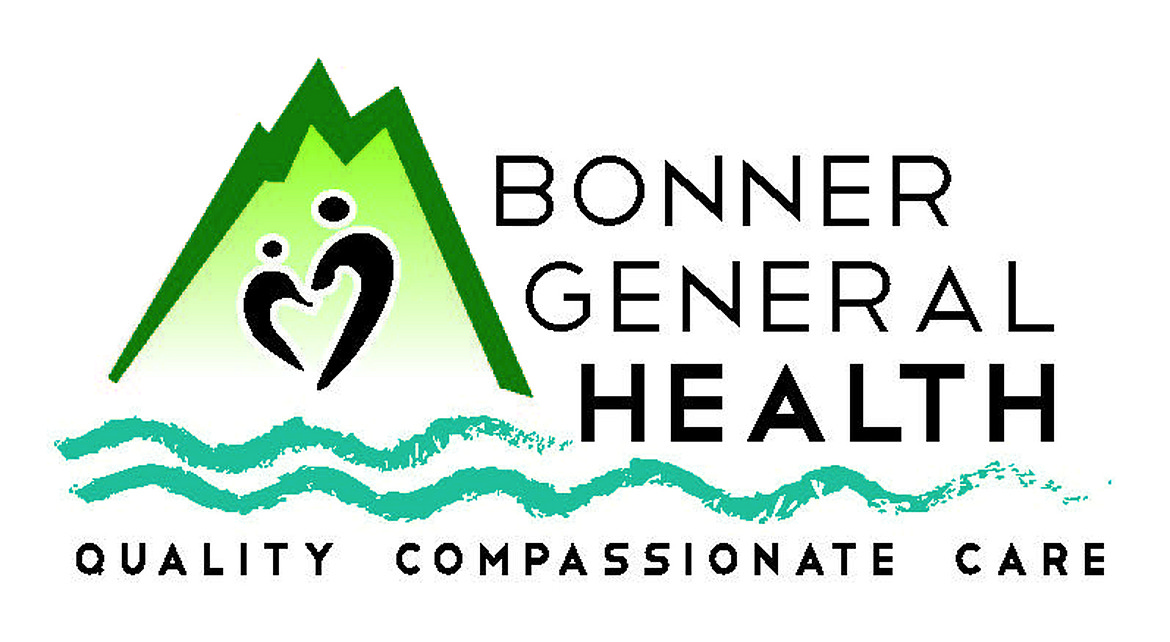It’s time to get your blood pressure checked
Half of all Americans have high blood pressure (hypertension), and too many don’t know they have it. It can be caused by genetics, lifestyle habits, some medicines and medical conditions, pregnancy, and, often, age. In addition, men are more likely to develop high blood pressure than women.
The Centers for Disease Control and Prevention explains, “Blood pressure is the pressure of blood pushing against the walls of your arteries. Arteries carry blood from your heart to other parts of your body. Your blood pressure normally rises and falls throughout the day.”
The original measuring devices used mercury-filled tubes, delineated in millimeters, so blood pressure is expressed in millimeters of mercury.
“Modern digital monitors don’t use mercury,” The American Heart Association explains, “but the principle is the same: A cuff around your arm cuts off blood flow in the artery inside your elbow. As the cuff is loosened, the ‘woosh’ of blood starting to flow again provides the systolic reading. When the noise stops, that’s the diastolic number.”
So, when the reading says your blood pressure is 120 over 80 (120/80 mm HG), what is being measured is the pressure in your arteries when your heart beats (systolic) and the pressure in your arteries when your heart rests between beats (diastolic). Got it?
“Some health care professionals diagnose patients with high blood pressure if their blood pressure is consistently 140/90 mm HG or higher. This limit is based on a guideline released in 2003,” the CDC says. “Other health care professionals diagnose patients with high blood pressure if their blood pressure is consistently 130/80 mm HG or higher.”
Since there aren’t any signs or symptoms of hypertension, having elevated blood pressure is referred to as the “silent killer.” The earlier you find out if your numbers are consistently too high, the lower your risk for illness or death. I’ll get into that in a second.
Right now, I want you to know that you don’t have to wait until your next regular health exam for a test. Just about every grocery store and pharmacy has a screening machine for public use. So, next time you’re out and about, slip your arm into the machine. If the reading exceeds 120 over 80, consider making an appointment with your primary care provider.
The U.S. Preventive Services Task Force recommends screening for high blood pressure in adults aged 18 or over.
“There is insufficient evidence to recommend for or against screening for high blood pressure in children and adolescents,” they say. So, check with your pediatrician if you have concerns.
So, you have high blood pressure, and you feel fine; what’s the big deal? “High blood pressure can damage your health in many ways,” the CDC says. “It can seriously hurt important organs like your heart, brain, kidneys and eyes. High blood pressure can damage your arteries by making them less elastic, which decreases the flow of blood and oxygen to your heart and leads to heart disease.”
The Alzheimer’s Society says that “long-term research studies have demonstrated that high blood pressure in mid-life is a key factor that can increase your risk of developing dementia in later life, particularly vascular dementia. These findings highlight that a lifelong approach to good health as the best way to lower your risk of dementia.”
What can you do to lower your risk? The CDC says there are several things you can do. They start with getting at least 150 minutes of physical activity each week; not smoking; eating a healthy diet that includes limiting the amount of salt, caffeine and alcohol; keeping a healthy weight and managing stress.
If you’re diagnosed with hypertension and you’re living a healthy lifestyle, you may be prescribed medications to manage your blood pressure. There are different types of them, so be sure to ask the medico a lot of questions about side effects and efficacy.
Circling back around to weight, your blood pressure rises as your body weight increases. The National Institutes of Health says, “Losing even 10 pounds can lower your blood pressure — and losing weight has the biggest effect on those who are overweight and already have hypertension.”
Today’s takeaway is to learn your blood pressure numbers and talk to your PCP. Now you’ve got it.
Kathy Hubbard is a member of the Bonner General Health Foundation Advisory Council. She can be reached at kathyleehubbard@yahoo.com.



